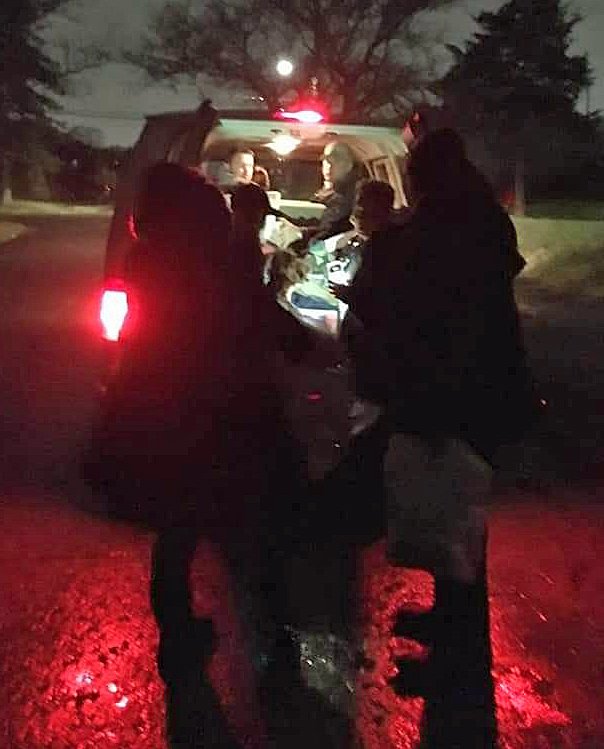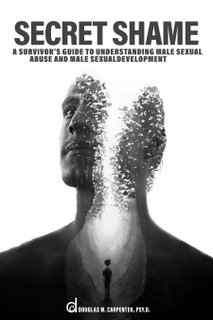When Healing Hurts: Ministering to Sex Trafficking Survivors
/Katrina's Mission is about abolishing sex trafficking in the city of Detroit and restoring hope to survivors through the love of God. In this article, she shares insights about those who are trafficked, as well as some of the challenges survivors face in their recovery process.
The LORD builds up Jerusalem; He gathers the exiles of Israel, He heals the brokenhearted and binds up their wounds.
Psalm 147:2-3 NIV
There are so many in this world who are hurting and broken. Each one of us goes through trials. While this is true, the path to healing is different based on the trauma that was endured. I have the privilege of helping to bring healing and wholeness to women that have been rescued from human trafficking.
Katrina and her team regularly minister to trafficking victims on the streets.
Before we get into the healing, I want to clear up a common misconception about human trafficking. In the four years that I have worked with survivors and listened to their stories I have never heard any of them say that they were abducted. Each woman that I have spoken to has had some type of “relationship” with their trafficker. Social media is typically the platform that the trafficker uses. In this day and age, we generally post everything about our lives. This is what the traffickers look for. They scour and search for the vulnerable. They will then befriend and earn their trust. The traffickers are very skilled at what they do. In only a matter of days they will have earned your trust, convinced you that they have a better life for you, and that they love you. This is one of the reasons that most women have a difficult time leaving and healing. They feel they made the initial choice to be with their trafficker, so now they deserve what they get.
The road to healing begins with breaking down and rebuilding. You have to break down all the lies that they believe. Examples of this are “I deserve this,” “nobody will ever want me again because I'm dirty,” “this is all that I have to offer,” and “I am worthless”. These are just a few of the lies that have been embedded into them. There is also a deep fear instilled in them. Fear that the trafficker will find them. Fear they will be beaten again or even killed. These were not idle threats. Most of the women have been beaten and brutally raped to force them into submission. Once you can break down the fear and lies, you can help replace them with truth. Truth about who God says they are. Truth about the fact that one choice should not define us for the rest of our lives.
The next part of healing is to break the trauma bond. A trauma bond is a lot like Stockholm syndrome. In the beginning of the “relationship” they felt like there was a connection with the other person and they were falling in love with them. They had begun dreaming of what their future would be. When they realize that this is not the case they begin to look to their trafficker as their protector. Although he may abuse her, she is under the illusion that he won’t let anyone else hurt her. This connection is so strong that even when she does get beaten or raped by another person she does not feel that he let her down.
Stock photo courtesy of Eric Ward via www.unsplash.com.
Once you have gotten her to this point of healing, she is now able to begin the deepest part of healing. Healing what was initially broken within her to make her vulnerable in the first place. By this time that initial trauma is buried so deeply within that it is extremely painful and uncomfortable to deal with. This is when many of the women will return to the streets. The process of healing is a whole new pain that they don’t know what to do with. Therefore, they return to the streets because it’s a predictable pain. Healing from this type of trauma isn’t linear. There isn’t a straight line that will take them from broken to healed. It is a process. It takes time. It takes love. It takes those who are willing to walk beside them, pick them up when they fall and encourage them along the long and winding road. I think one of the hardest parts of working with these women is giving them the freedom to give up on their healing. You can’t force someone to forgive themselves, to believe in themselves, or to complete the healing process. All you can do is plant seeds of faith, hope and love.
Stock photo courtesy of Kelly Sikkema via www.unsplash.com.







































![MP900409578[1].jpg](https://images.squarespace-cdn.com/content/v1/56cb43860442628a65205b5d/1575778419515-IKOPHHFK2ROH90I5Y15V/MP900409578%5B1%5D.jpg)
















